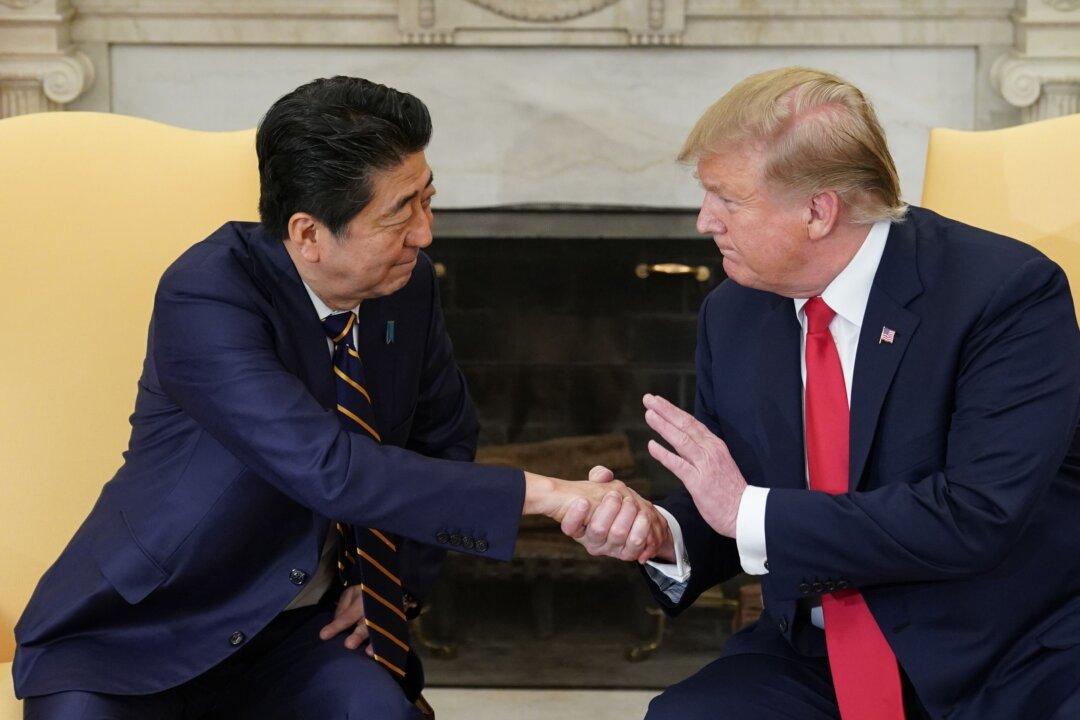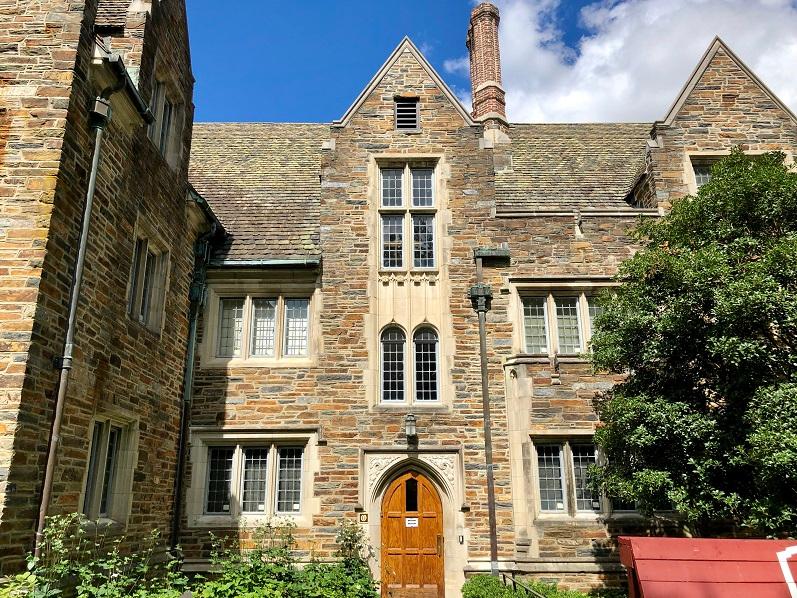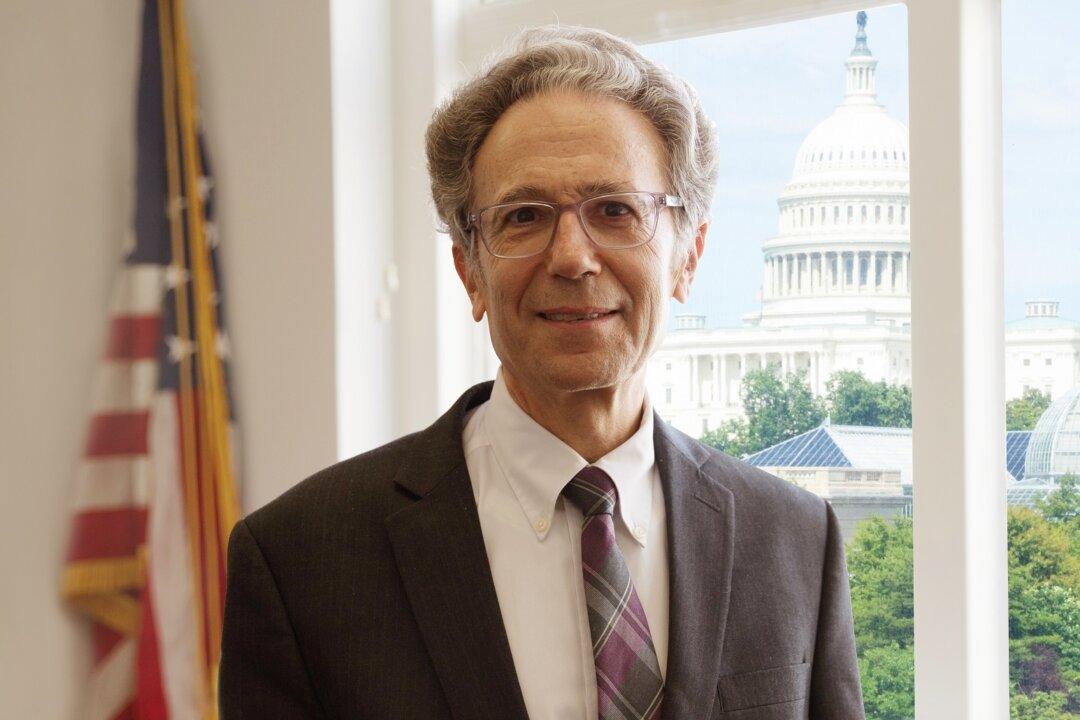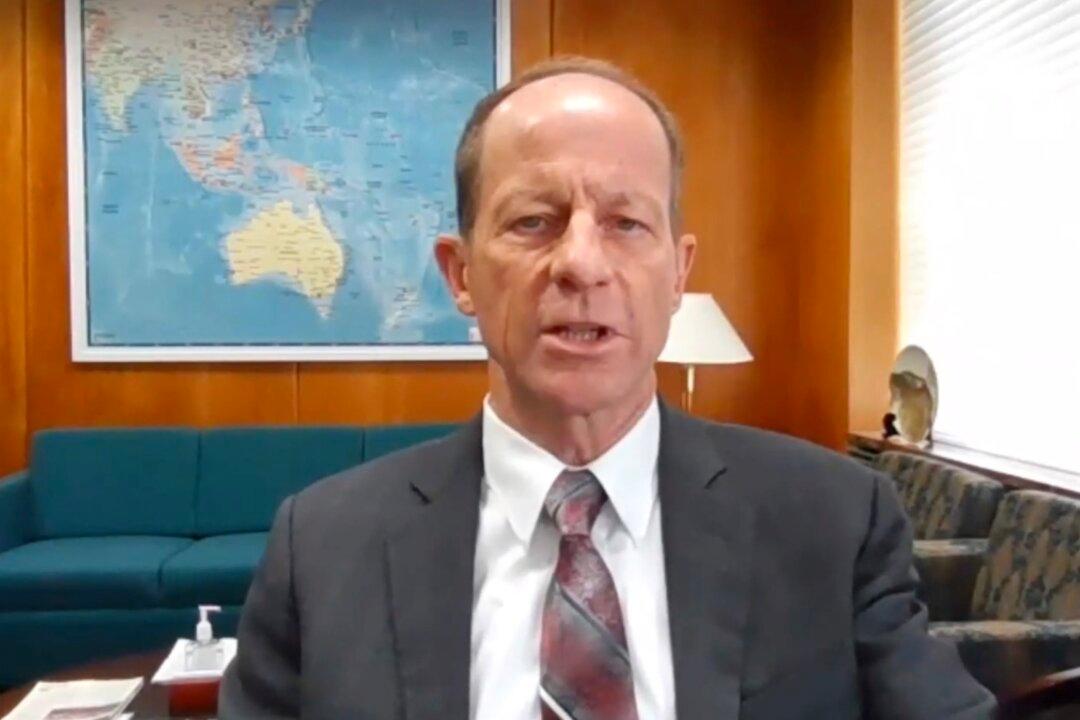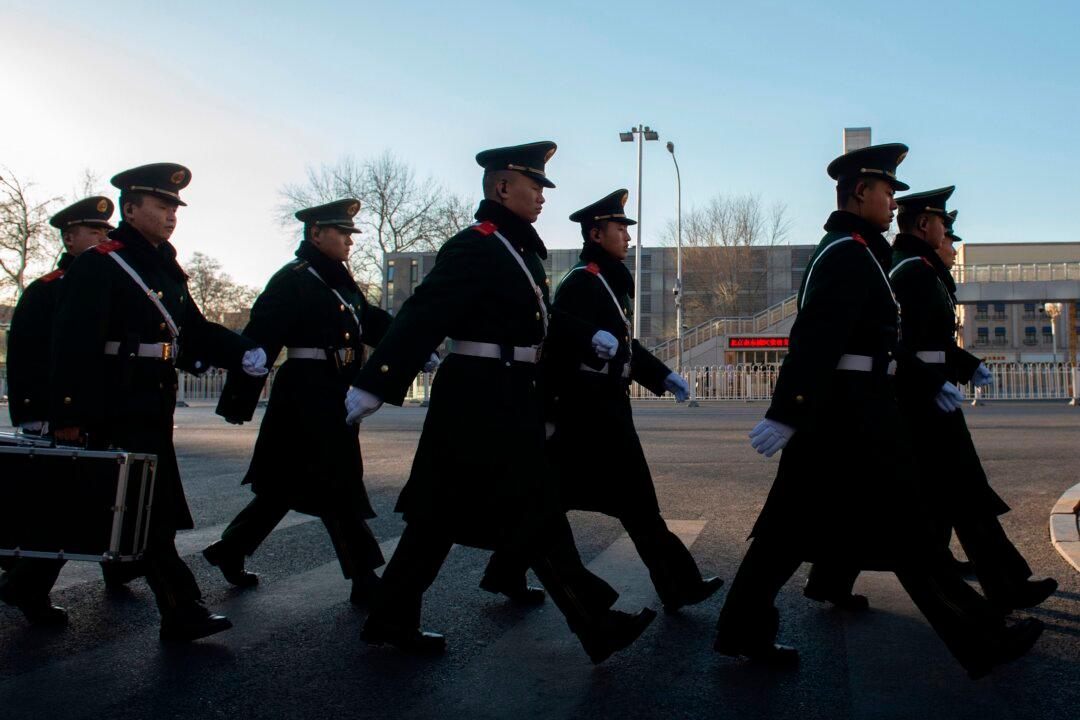News Analysis
WASHINGTON—As the United States and Japan mark the 60th anniversary of the U.S.–Japan Treaty of Mutual Cooperation and Security, a leading critic of the Trump administration from Japan’s academic community said last week that U.S. President Donald Trump may be right to push Japan to pay its fair share for America’s military defense of the island nation.
